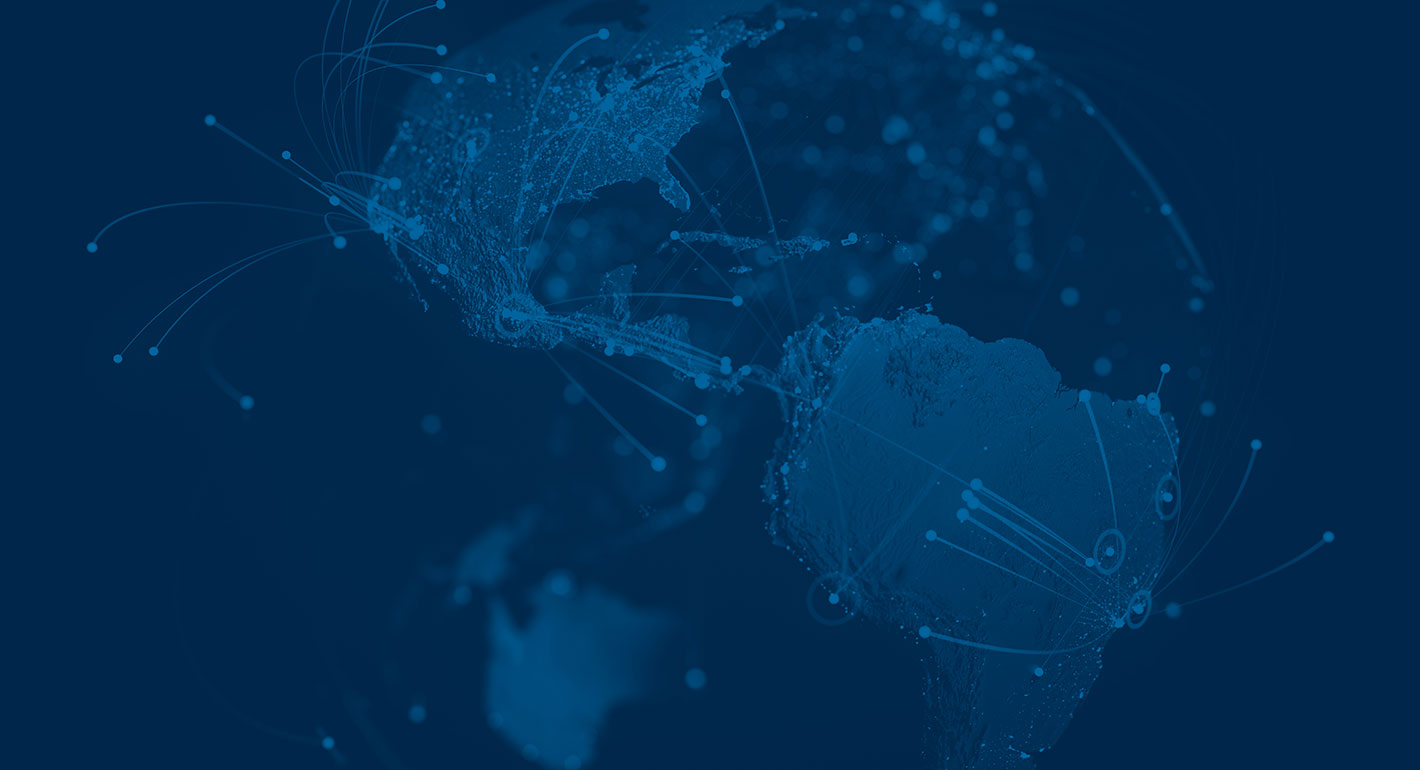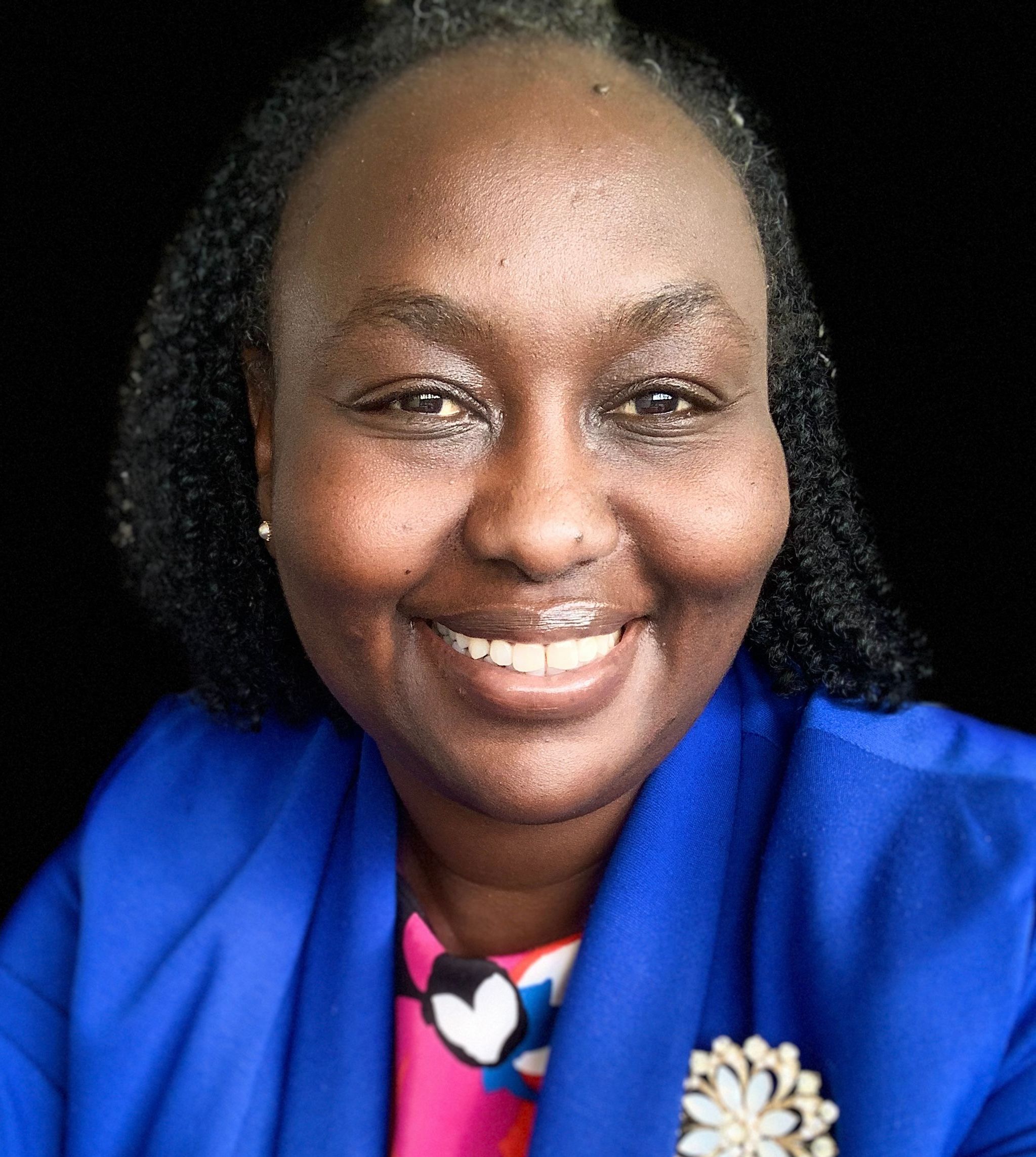The India AI Impact Summit offers a timely opportunity to experiment with and formalize new models of cooperation.
Lakshmee Sharma, Jane Munga

The United States must now start working very hard with allies to secure democratic advantage in the domain of frontier AI
Carnegie does not take institutional positions on public policy issues; the views represented herein are those of the author(s) and do not necessarily reflect the views of Carnegie, its staff, or its trustees.
The India AI Impact Summit offers a timely opportunity to experiment with and formalize new models of cooperation.


Lakshmee Sharma, Jane Munga
The bills differ in minor but meaningful ways, but their overwhelming convergence is key.

Alasdair Phillips-Robins, Scott Singer
Against the backdrop of increasing global tensions, transformative technologies—notably artificial intelligence—are poised to revolutionize how the military wages war and how leaders think about, prepare for, and decide to go to war.
Adam McCauley
The second International AI Safety Report is the next iteration of the comprehensive review of latest scientific research on the capabilities and risks of general-purpose AI systems. It represents the largest global collaboration on AI safety to date.


Scott Singer, Jane Munga
On January 12, 2026, India's "workhorse," the Polar Satellite Launch Vehicle, experienced a consecutive mission failure for the first time in its history. This commentary explores the implications of this incident on India’s space sector and how India can effectively address issues stemming from the incident.

Tejas Bharadwaj